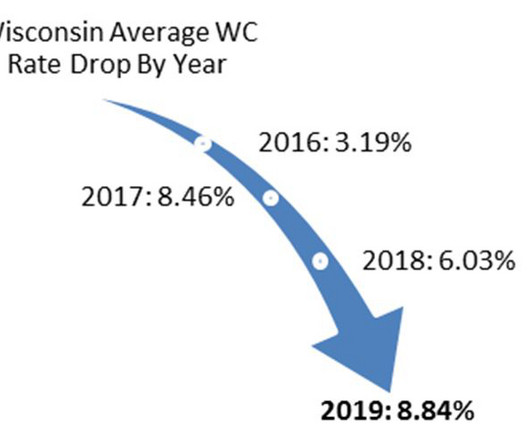Workers Comp Premium, Loss, Market Trends Support Its Ongoing Success
Triple-I: Workers Compensation
FEBRUARY 14, 2025
By William Nibbelin, Senior Research Actuary, Triple-I The workers compensation insurance industry experienced its second-best underwriting result in the past 20 years in 2023, with a net combined ratio of 87, according to Triple-Is latest Issues Brief. A combined ratio under 100 indicates a profit.














Let's personalize your content